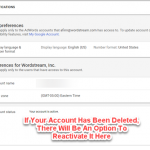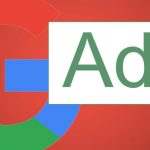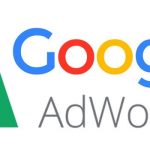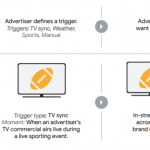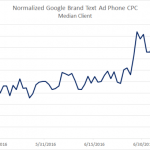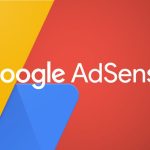Google Home Turns Audio ‘Content’ Into Sponsored Ad
Google Home Turns Audio ‘Content’ Into Sponsored Ad
by Laurie Sullivan, Staff Writer @lauriesullivan, March 17, 2017
Be our guest, be our guest. Oh yes, the line in “Beauty and the Beast,” sung as an invitation to Belle from the castle staff, is indeed how Google described the non-audio ad snippet coming from its virtual assistant in the Home device.
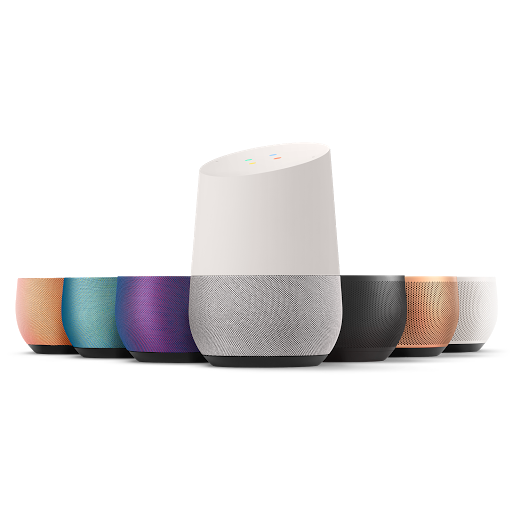
Audio ads or sponsored content will become the next piece of creative advertising that search engine marketers will purchase and optimize in an effort to get noticed on devices without screens.
“My Google Home gave me an ad for the “Beauty and the Beast today,” wrote Captain Captioni on Reddit. When queried Google about the ad, the company “denied that the audio snippet was actually an ad, initially providing this rather strange statement: ‘This isn’t an ad; the beauty in the Assistant is that it invites our partners to be our guest and share their tales.'”
It appears to be all about content, even for Google. Later on Thursday, Google explained that the audio snippet wasn’t an ad, but rather “timely content” that is sometimes provided after the assistant recited the person’s daily schedule and activities.
In the study “Digital Assistants, Reordering Consumer Lives And Redefining Digital Markets,” Bing and iProspect site comScore’s estimate that 50% of searches will occur using voice by 2020.
As the study points out, none of the search engines allow marketers to target voice search interactions separately from typed searches. To successfully target voice searchers, the white paper suggests building out keyword lists to include longer, more conversational, question-based keywords.
The study also encourages marketers to build questions and answers for products and services. For example, if the voice query is about weather, the texted query might look like “Weather” or “weather channel,” whereas the voice query would sound like “What’s the weather like today? Do I need an umbrella?”
Data from Microsoft shows voice searches are typically longer and more detailed, These detailed descriptions will, in the long run, trigger the sponsored content heard on devices like Google Home.
MediaPost.com: Search Marketing Daily
(36)

